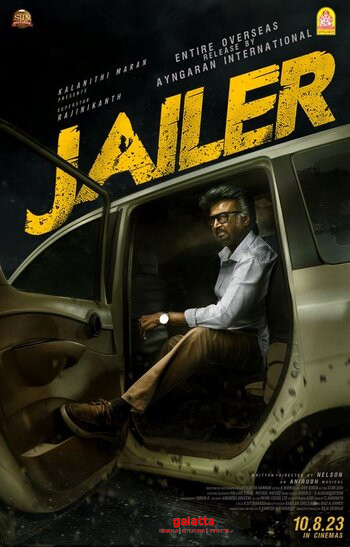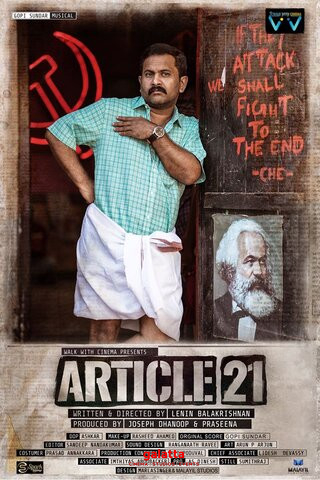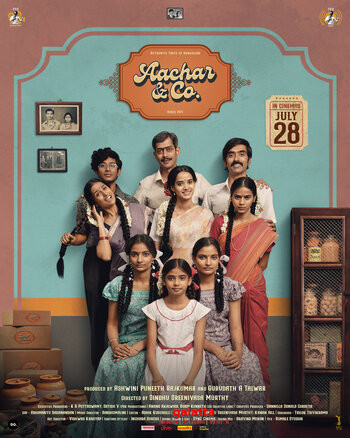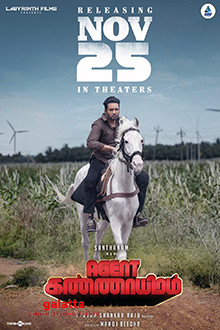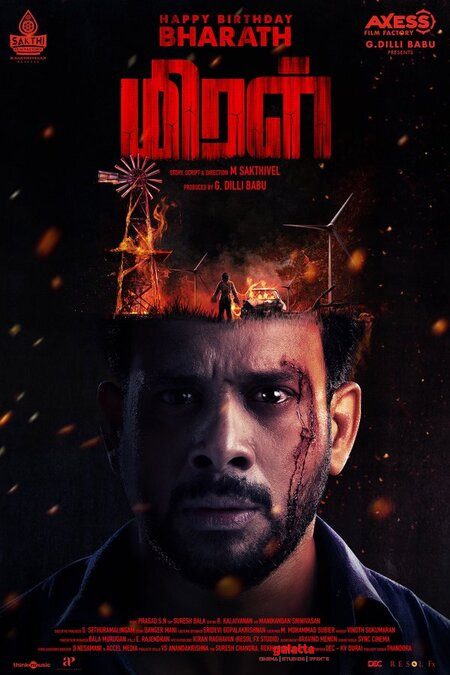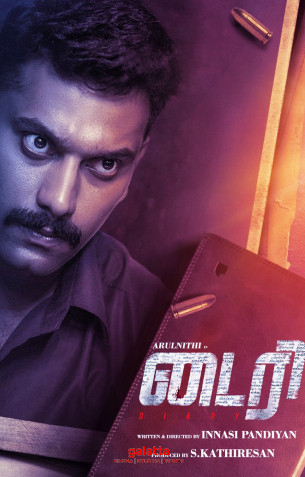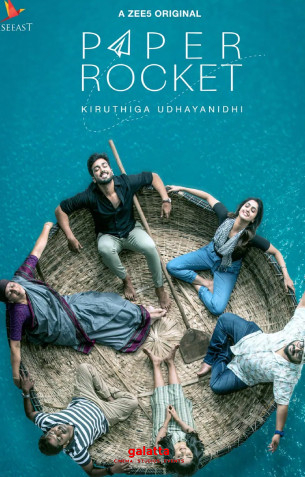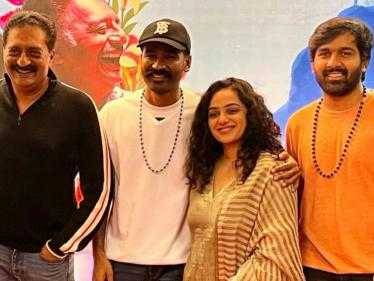Ghoomer Movie Cast & Crew
Every underdog sports drama is something you've seen before, so how do you make things different? For one, you give the audience two underdogs: the first is Anina (Saiyami Kher), a promising cricketer who loses her right hand in an accident, and the second is Paddy (Abhishek Bachchan), a once-promising player who is now a drunk and who now reshapes Anina from batter to spin bowler. But even this has been seen before: the stern, down-on-his-luck coach and his determined ward. So how do you still push the narrative into a different zone? By adding an angle we saw in Dushman, that film in which Rajesh Khanna played a sinner who was asked to do something to repent for his sins as his punishment. Is it better to throw a man into jail for what he has done, or give him a chance to correct his mistakes (and then, maybe, throw him into jail)? This isn't something that comes up in your usual underdog sports drama.
Based on a one-line synopsis, you'd find nothing new in Ghoomer – but R Balki and his co-writers (Rahul Sengupta, Rishi Virmani) manage to put a new, um, spin on this old story. The Balki-isms are all over: in the way the palindromic nature of Anina's name comes to reflect in her cricket, in the way Angad Bedi is reduced to pretty-boy arm candy the way heroines usually are, in the way destiny brings Paddy into Anina's life, and in the too-clever wordplay (leftie hai/ left hi hai, or the nickname of 'Lady Dhaaga', or the conflation of 'bol' and 'bowl'). But consider a line like "your left hand has to earn the right to bowl". The left / right wordplay is clever, sure – but there's a deeper meaning in this statement, that you have to work very hard to get what you want. Life owes no one anything. Even the 'Lady Dhaaga' bit comes to mean something by the end.
Ghoomer hits all the right notes. (Translation: I was tearing up big time during the big match at the end). The cast is solid – especially Shabana Azmi as Anina's no-nonsense grandmother. And Balki writes a great monologue for Paddy, where he juxtaposes the "logic" that makes us look for meaning versus the "magic" that makes things happen effortlessly. At this moment, you see why Paddy – shut in a dark and gloomy home, as opposed to Anina's sunshine-bright residence – is the way he is. Yes, this is a feel-good film. Anina is welcomed back to cricket in a way that defies "logic" and suggests "magic". Her selectors do the right thing. Her teammates are super-welcoming. Her boyfriend is super-supportive. Her big cricket debut after the loss of her hand is a huge success. (But then, you knew that.) And all of India cheers for her, watching… womens' cricket.
But in this film's equivalent of Lagaan's last-ball sixer – there's real darkness and rage behind that moment, a genuine sense of unfairness and betrayal. Saiyami Kher shows it all on her wide-open face, and Abhishek Bachchan lays bare his dark side in a way he hasn't since, perhaps, Ram Gopal Varma's Naach. There's real pain when he says he wants to know what winning feels like. Anina gets a scene of self-pity where she lashes out at her boyfriend, but Paddy has moved beyond self-pity and is now neck-deep in self-hatred. He has a transwoman rakhi sister (Ivanka Das) whom he's both gruffly affectionate to and yet shockingly dismissive of. Because he hates himself so much (the real reason comes later), he cannot stand anyone showing him any kind of love. And with the supremely talented Anina, we sense that he sees what he once was, and this is why he is so cruel to her after she has been selected to represent India.
Balki leaves all this as subtext for us to read if we want to – but it's there. He does not "redeem" Paddy in front of our eyes. He does not hit the scenes hard, whether it's Anina's post-accident trauma or Paddy's big secret. The visuals, the lines speak for themselves, and I was terribly moved by Paddy's reason for helping Anina: "kisi se bewajah koi cheez chheena jaye… toh galat hai". I'm paraphrasing, but the gist is this: It's wrong if something is snatched away from someone without reason. And by the film's end, you realise how this line truly ties up with these characters. And yet, Paddy does not show any sympathy for Anina, whose right hand has been snatched away without reason, without "logic". Because he knows that her path ahead is tough, and he cannot afford to be soft on her.
These scenes reminded me of Amitabh Bachchan in Black. His character was equally tough on his pupil. In Ghoomer, there's an air of destiny and darker things that we don't usually see in Balki's cinema. It's fate that brings Paddy into Anina's life. It's the same fate that makes her lose her hand. And it's that same fate that makes Paddy return to her life to reshape her back into a cricketer. This sense of destiny is present in Amit Trivedi's excellent Purnaviram, a song that gives us an ending of something, a beginning of something else. With Chup and Ghoomer, Balki seems to have entered a new phase that's darker and more exciting than what we knew him for earlier. I have always been a fan (even when the films have been facile and underwhelming), but now, he may have just positioned himself at a place where the Balki-style glibness is giving way to Balki-style gravitas. Now that's a brand new spin.


